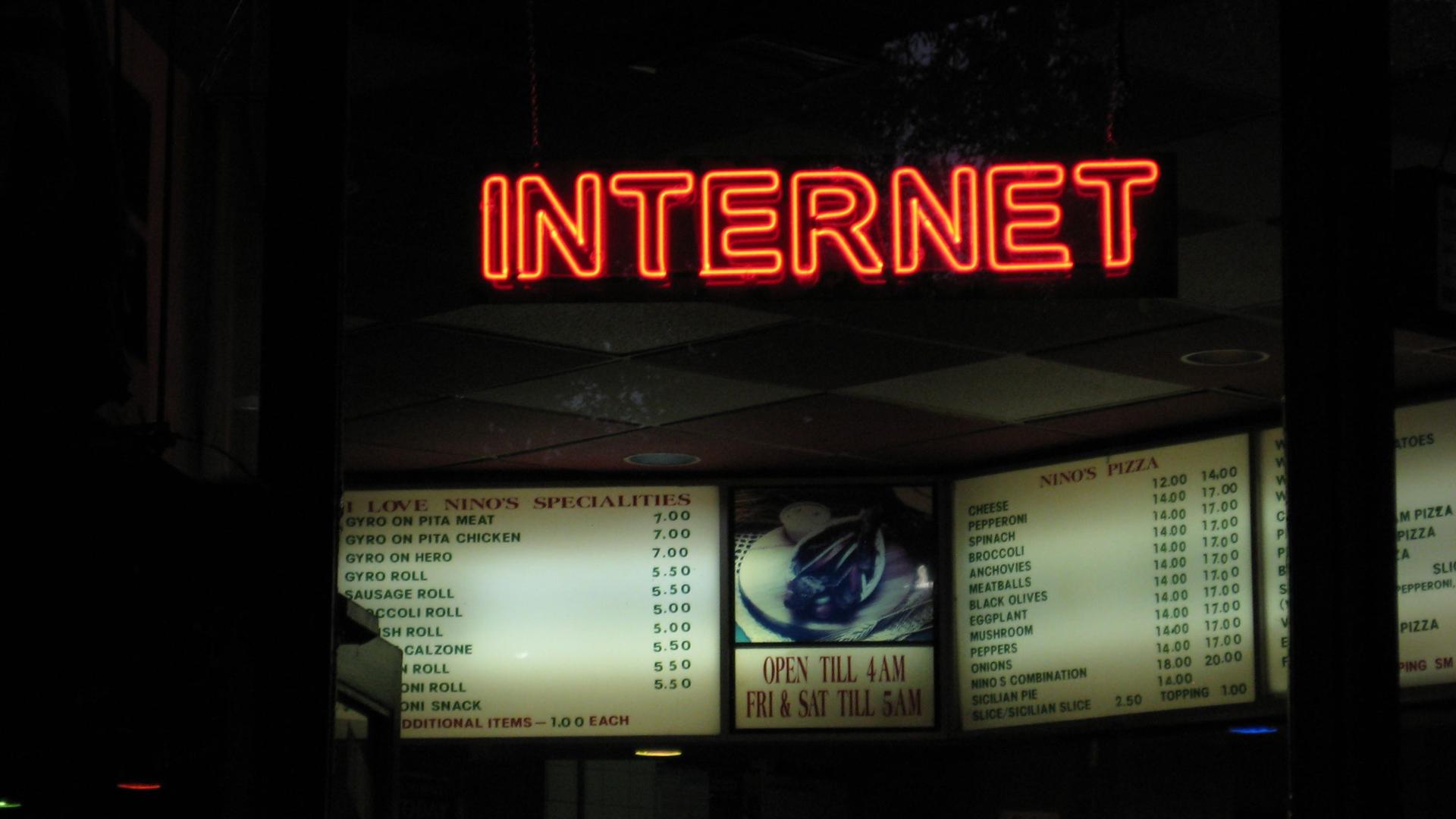Why we should all own a piece of the internet
Could the internet be cooperatively owned, and therefore watch out more for people's interests?
The internet is pretty cool.
After all, where else could you order super-fancy organic tea at 3 o'clock in the morning? Or look up who played the main conquistador in "Aguirre, the Wrath of God?"
But, as cool and world-changing as the internet, is, Nathan Schneider thinks it has some major flaws. Namely, that we have very little ownership of it.
In the book, "Ours to Hack and Own: The Rise of Platform Cooperativism, a New Vision for the Future of Work and a Fairer Internet," which Schneider co-edited, he helps lay out a new vision of the world, one in which tech companies respond to the desires and needs of the people they serve.
According to Schneider, lots of the platforms that we use don’t necessarily have our best interests at heart. Think of a social media company like Facebook, which collects data on its users and sells it to other corporations. Or, a company like Uber, which is part of the “sharing” economy, but doesn’t share a lot of its profits with its drivers.
Schneider says our connected world “is akin to the structures in the economy that in the late 19th century gave birth to antitrust law. They give such incredible opportunities for monopoly and control that we really need to rethink them.”
And the answer to this problem may be simple: We could all own a lot more of the internet. Or rather, own it cooperatively. It turns out that there are a lot of entities that are owned cooperatively. From The Associated Press to the Green Bay Packers to cooperative farms. And around 75 percent of the landmass of the United States is serviced by electric co-ops.
What would this new, cooperatively-owned internet look like? According to Schneider, not all that different from the internet of today, just more responsive to its users’ needs. Schneider points out that in Colorado, the largest taxi service in the state is a taxi cooperative. Stocksy, a sizable stock photo agency, is cooperatively owned as well. And there are many more examples.
Schneider even thinks Twitter should be owned cooperatively. Instead of Twitter selling itself to a big media company, we should buy it ourselves. It would still be Twitter, but the purpose wouldn’t be data-selling.
There have been critiques of this model. A collective in Spain called it a weak response to current technological and economic challenges. And perhaps an entity like Facebook is simply too big to be owned cooperatively. But Schneider says people are starting to come around.
“People are recognizing that we can’t go the way we’re going any more. We can’t allow more centralization, more consolidation and more monopolization. Instead, we need to find models that live up to the promise of what the internet was supposed to be. A way of connecting people.”
This story originally aired on Innovation Hub.
Every day, reporters and producers at The World are hard at work bringing you human-centered news from across the globe. But we can’t do it without you. We need your support to ensure we can continue this work for another year.
Make a gift today, and you’ll help us unlock a matching gift of $67,000!
